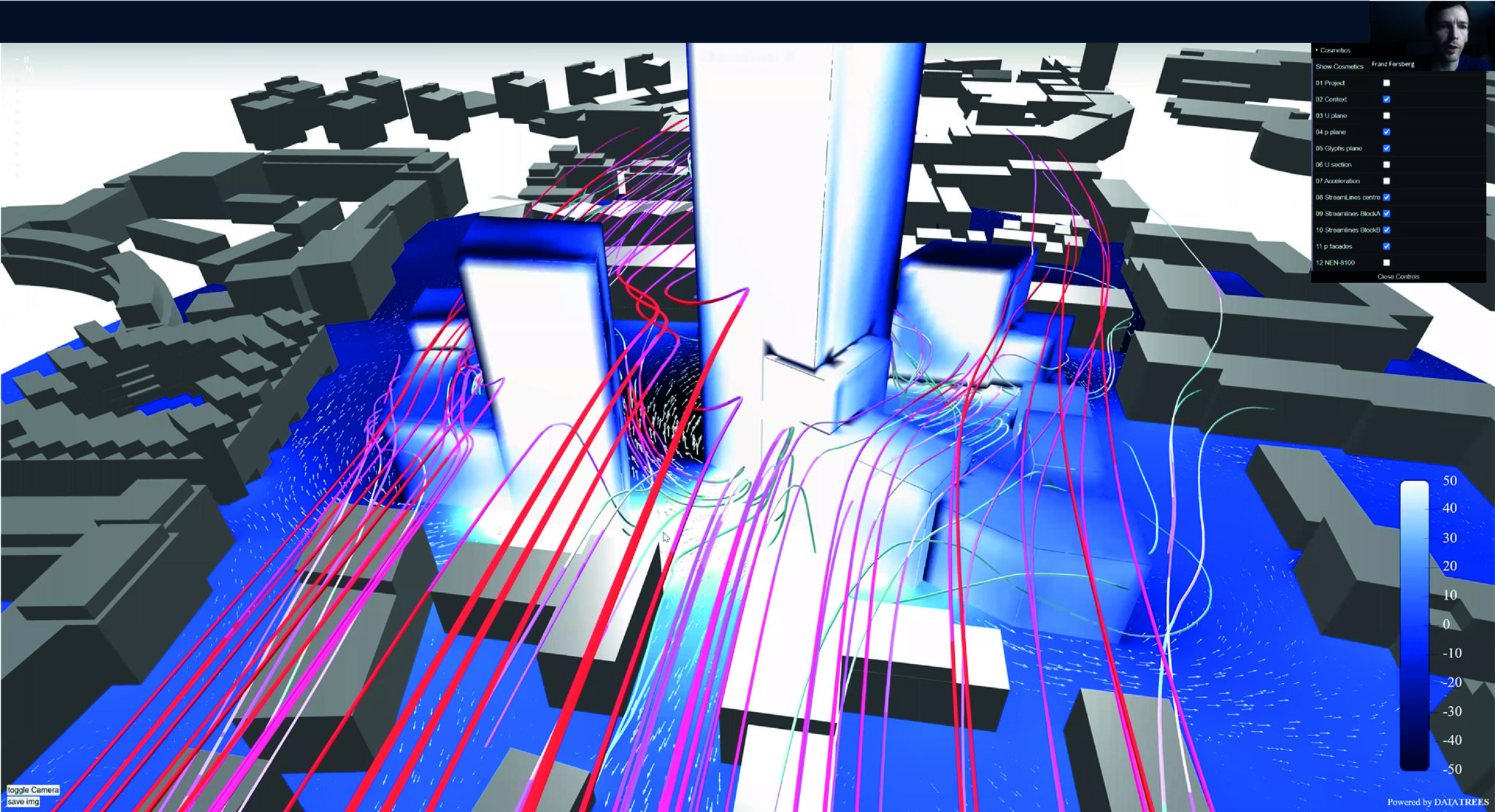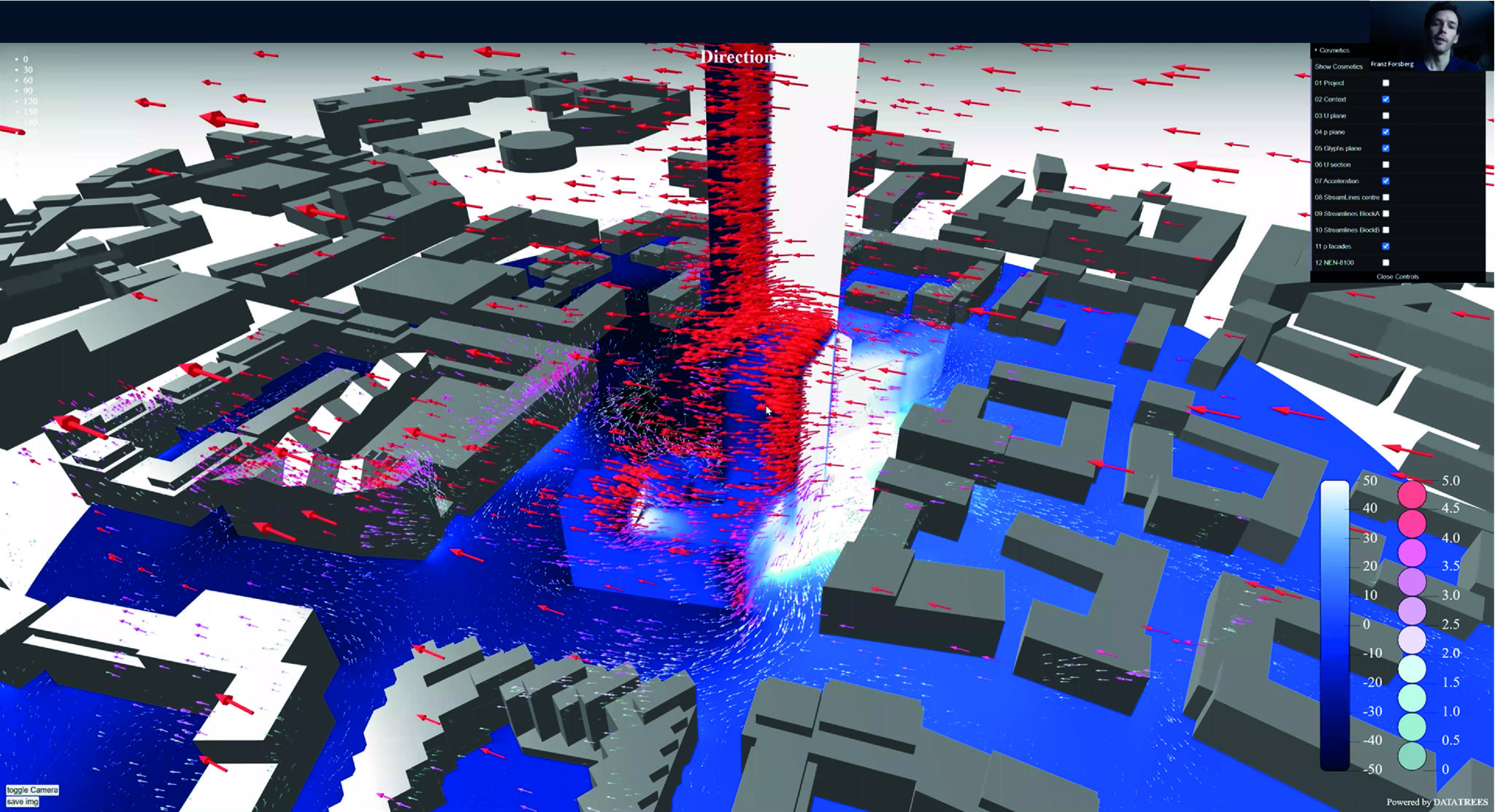In the realm of architectural design, the integration of computational technologies has revolutionized the way architects approach their projects. As part of the Advanced Computation for Environmental and Structural Design module, students from the Master in Advanced Computation for Architecture & Design (MaCAD) programme recently had the opportunity to gain invaluable insights from industry expert Franz Forsberg. As the co-founder of DataTrees, Forsberg provided not only technical expertise but also invaluable entrepreneurial wisdom to inspire and motivate the students.

During the lecture session, Franz Forsberg took the students on a chronological journey through his work, offering them a unique opportunity to understand the processes involved in developing the tools and platforms that architects and consumers use today in the cloud. Moreover, he shed light on the future prospects of accessible platforms for architects and consumers, emphasizing the importance of sustainability and performance in architectural design.
DataTrees, the parametric design agency co-founded by Forsberg, plays a pivotal role in driving the industry towards a more sustainable and performative architecture. Leveraging a vast amount of data, DataTrees delivers cutting-edge tools and interfaces that inform and communicate the performance of architectural designs. By utilizing advanced computational technologies, architects are able to predict the impact of external forces on their designs within the digital environment. This empowers them to create efficient design workflows and receive constant feedback on building performance, thereby optimizing the ecological footprint of architectural interventions.

For the students at MaCAD, this knowledge serves as a valuable complement to their ongoing investigation and project work. As they delve into the integration of computational technologies into architecture and explore advanced simulation tools, they gain the ability to analyze and predict the performance of their designs. This integration allows architects to optimize their designs for sustainability and performance, resulting in more environmentally conscious and efficient architectural interventions.
The MaCAD program continues to push the boundaries of architectural education, equipping students with the skills and knowledge necessary to thrive in the rapidly evolving field of architecture. By inviting expert voices like Franz Forsberg to share their experiences and insights, MaCAD ensures that its students remain at the forefront of innovation and industry trends.
